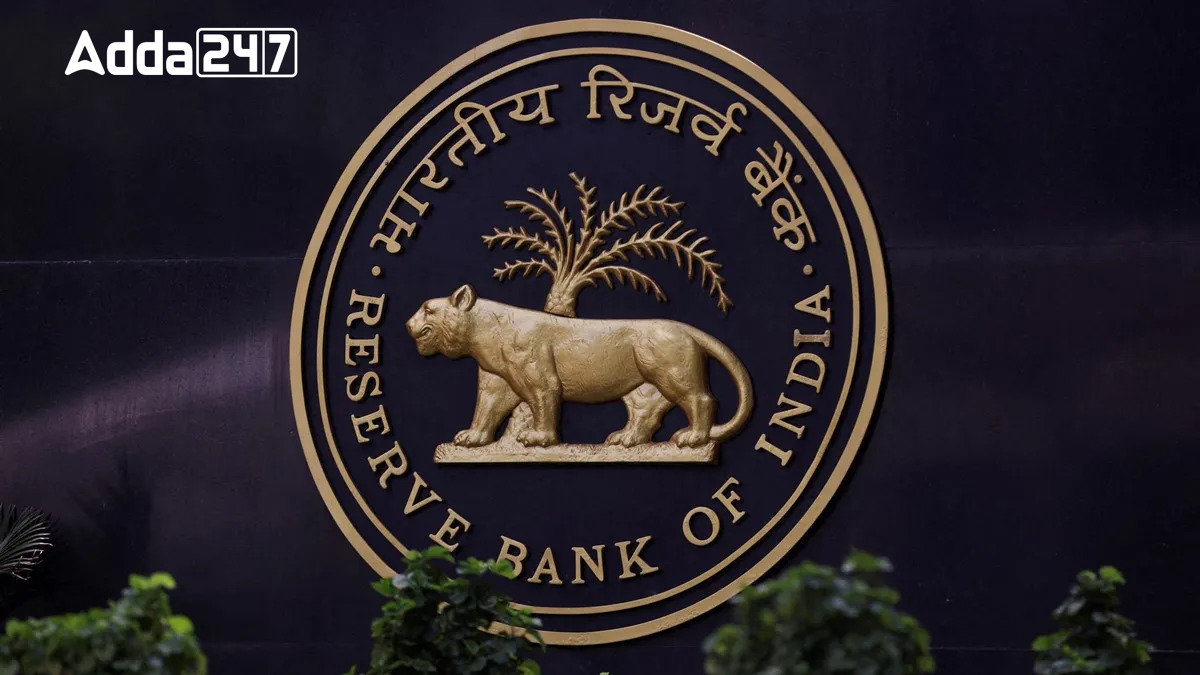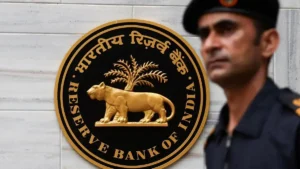The Reserve Bank of India (RBI) has canceled the licenses of 78 Urban Cooperative Banks (UCBs) since 2014. Maharashtra has seen the highest number of cancellations, with 36 UCBs losing their licenses, followed by Uttar Pradesh (14) and Karnataka (8). In 2024 alone, 10 UCB licenses were canceled, affecting banks across Maharashtra, Karnataka, Uttar Pradesh, Gujarat, Rajasthan, Assam, and Andhra Pradesh.
Key Points
Reasons for Cancellation
-
- Inadequate capital
- Poor earning prospects
- Deteriorating financial position
- Operations prejudicial to depositors and the public
Recent Statistics
-
- 2024: 10 UCBs’ licenses canceled (2 each in Maharashtra, Karnataka, and Uttar Pradesh; 1 each in Gujarat, Rajasthan, Assam, and Andhra Pradesh)
- 2023: 14 UCBs’ licenses canceled
- 2022: 12 UCBs’ licenses canceled
Geographic Distribution
-
- Maharashtra: 36 UCBs
- Uttar Pradesh: 14 UCBs
- Karnataka: 8 UCBs
- Gujarat: 2 UCBs (latest: Shree Mahalaxmi Mercantile Co-operative Bank Ltd., Dabhoi, January 2024)
- Other affected states: Rajasthan, Assam, Odisha, Andhra Pradesh, Telangana, West Bengal, Goa, Madhya Pradesh, Kerala
Regulatory Measures
Expansion and Strengthening
-
- Increased Housing Loan Limits for UCBs
- Compliance with Priority Sector Lending (PSL) target of 75% by March 31, 2026
- Adherence to prudential exposure limits: 15% for single borrowers and 25% for groups
- Loan limits: At least 50% must be ≤ ₹25 lakh or 0.2% of Tier-I capital, up to ₹1 crore per borrower
Rural Cooperative Banks
-
- No closures of State Cooperative Banks (StCBs) or District Central Cooperative Banks (DCCBs) since 2014.




 RBI Proposes Tighter Lending Norms for R...
RBI Proposes Tighter Lending Norms for R...
 RBI Hikes Banks’ M&A Financing Limit...
RBI Hikes Banks’ M&A Financing Limit...
 PNB Announces ‘PNB Soldierathon 2026’ Ah...
PNB Announces ‘PNB Soldierathon 2026’ Ah...








